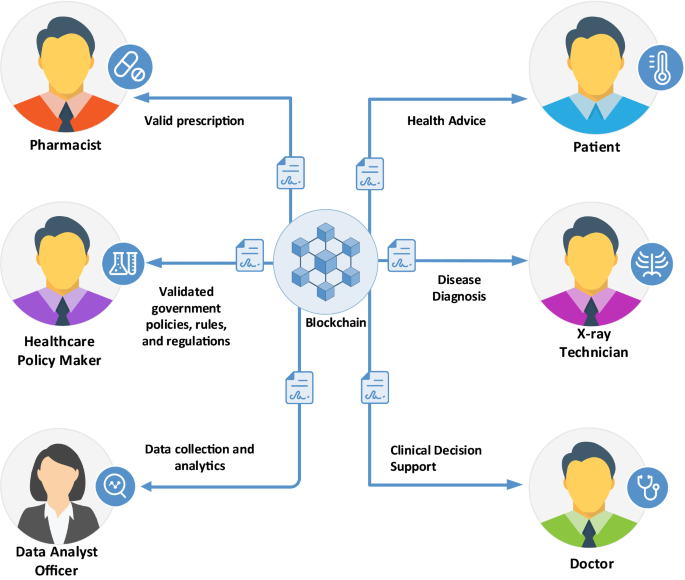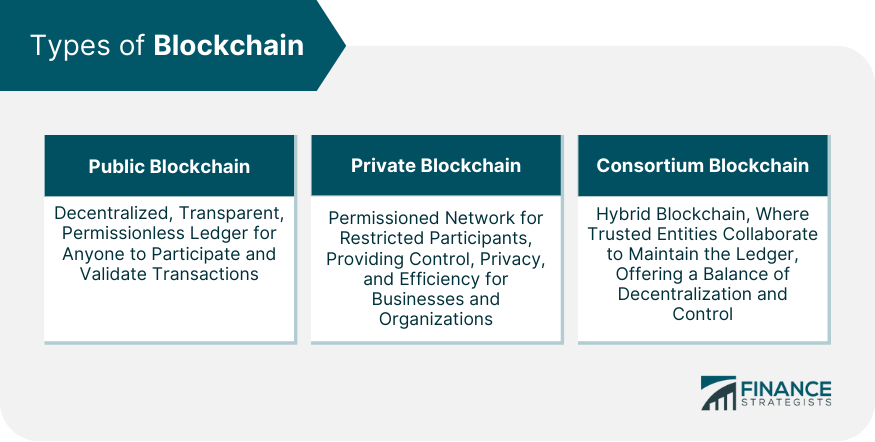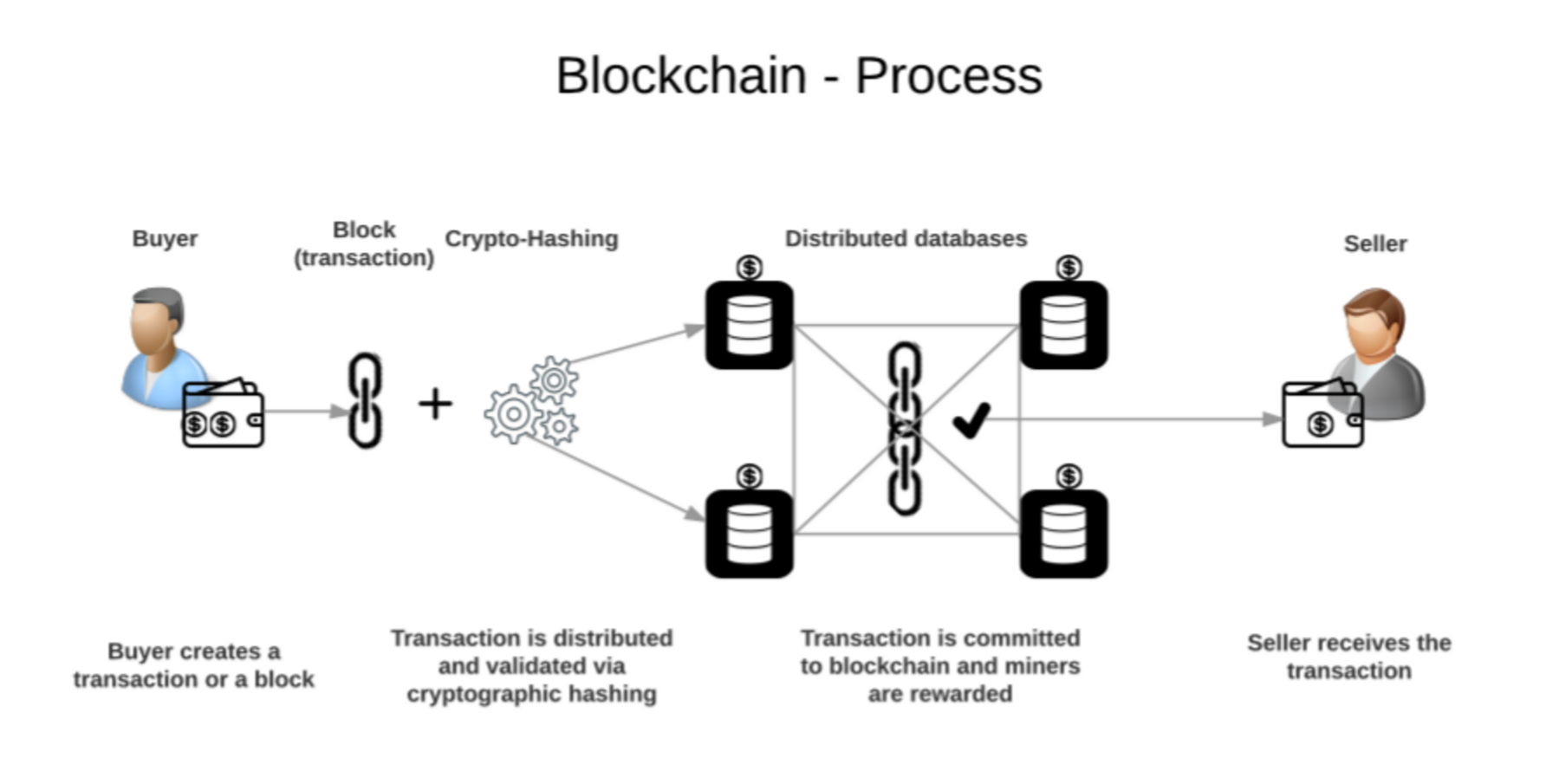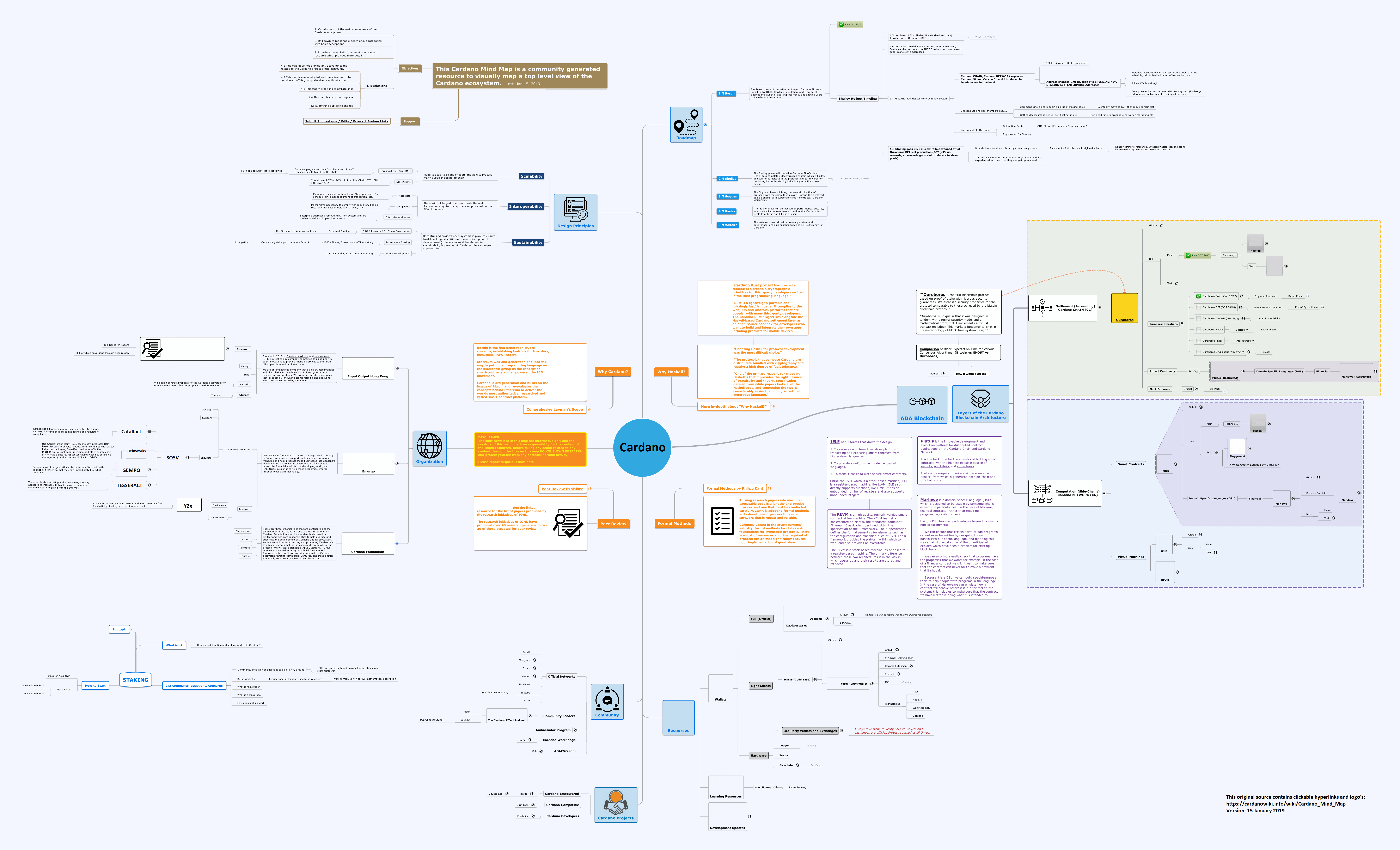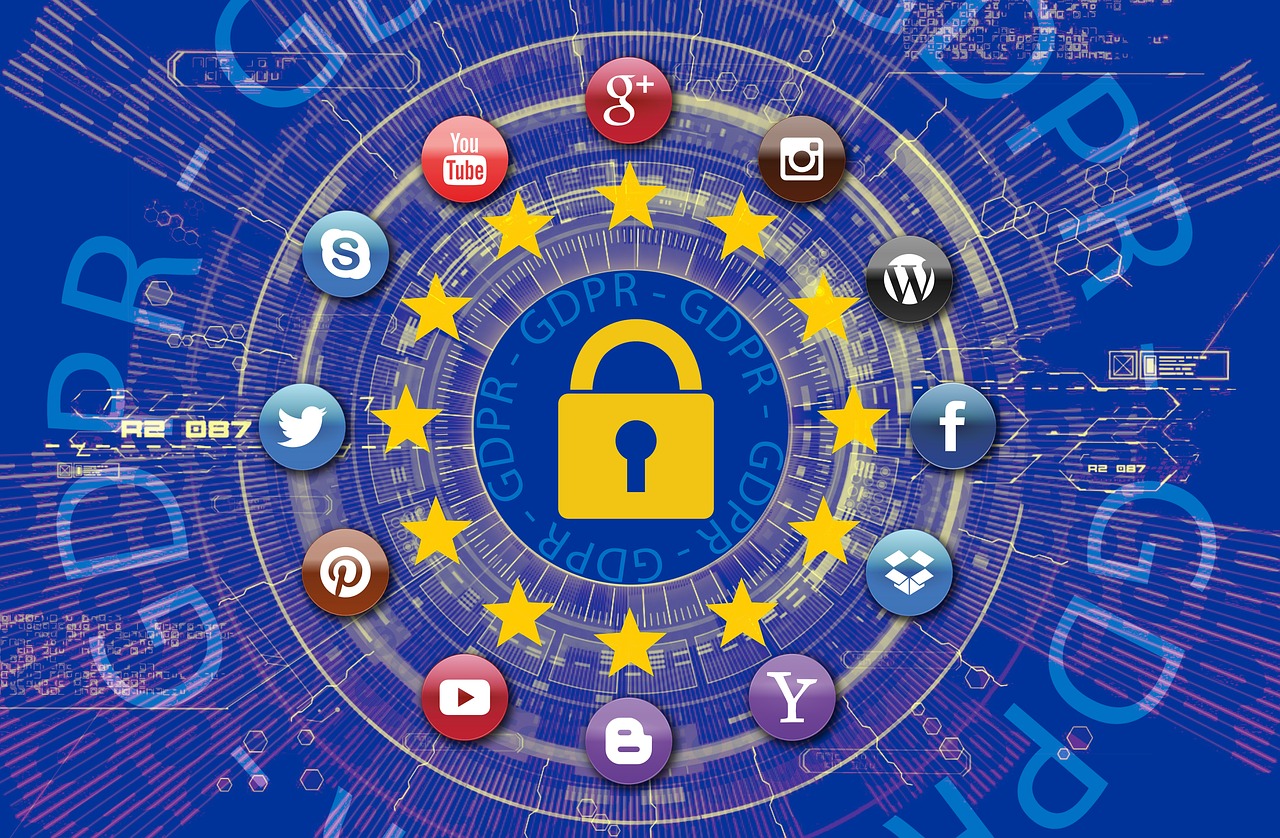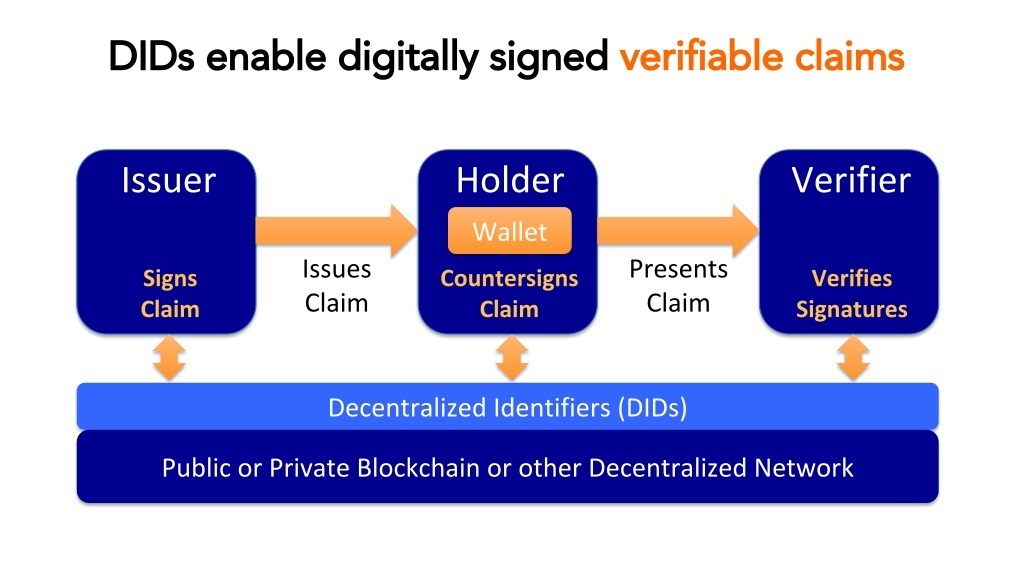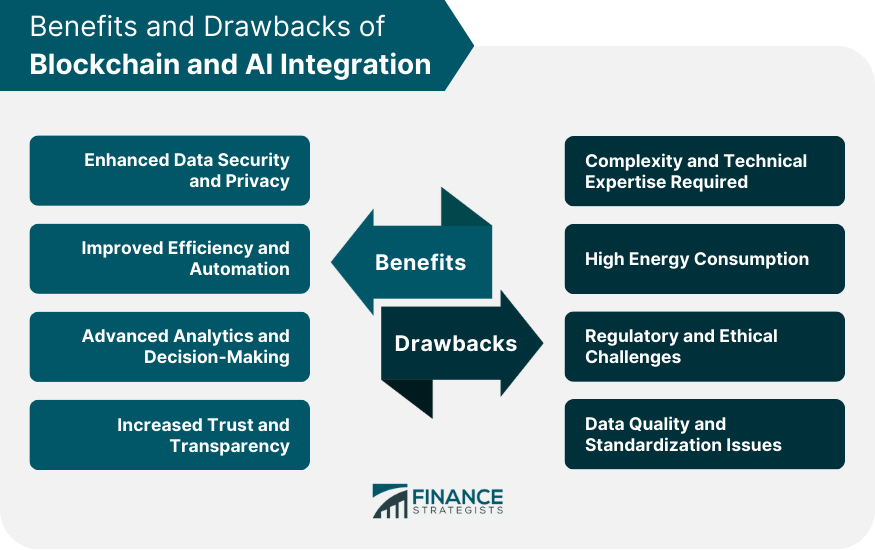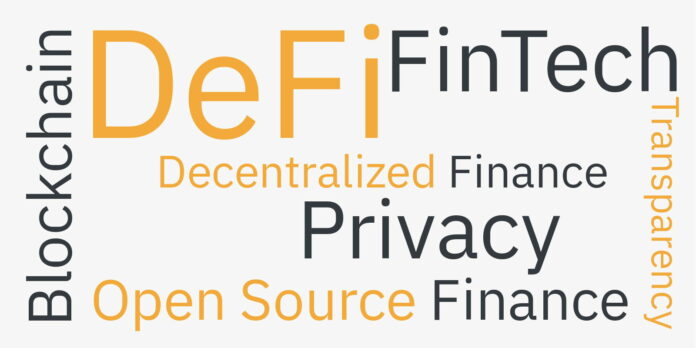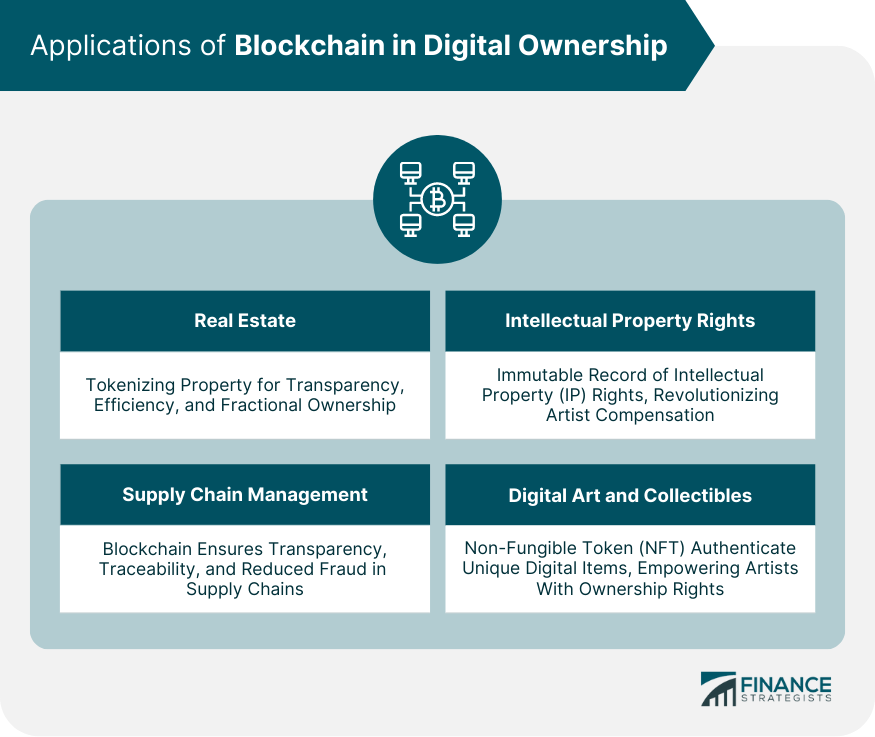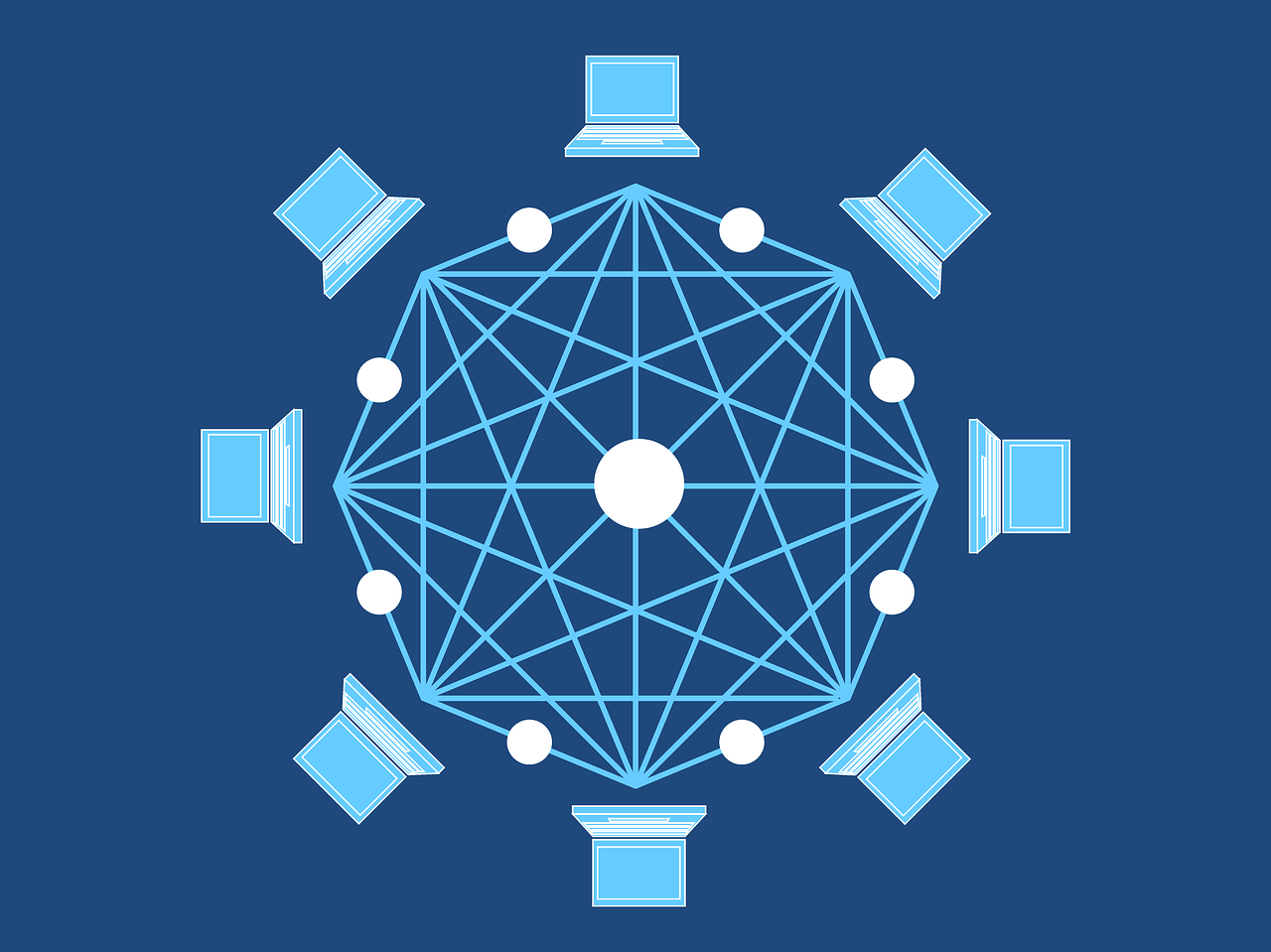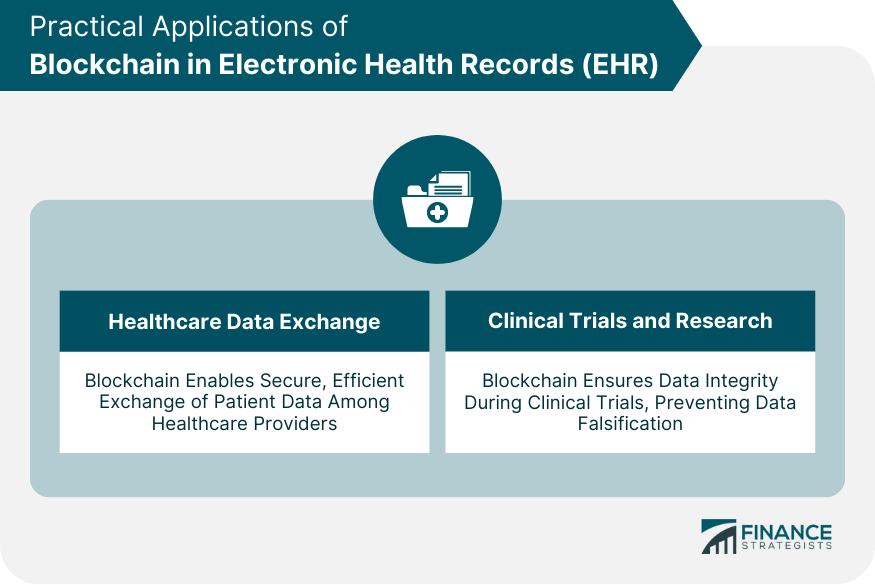Building a Secure and Scalable Blockchain Network
Introduction What is a blockchain network? A blockchain network is a decentralized and distributed digital ledger that records transactions across multiple computers or nodes. It is designed to be secure and tamper-proof, as each transaction is verified and added to the ledger through a consensus mechanism. This ensures that the data stored on the blockchain … Read more



